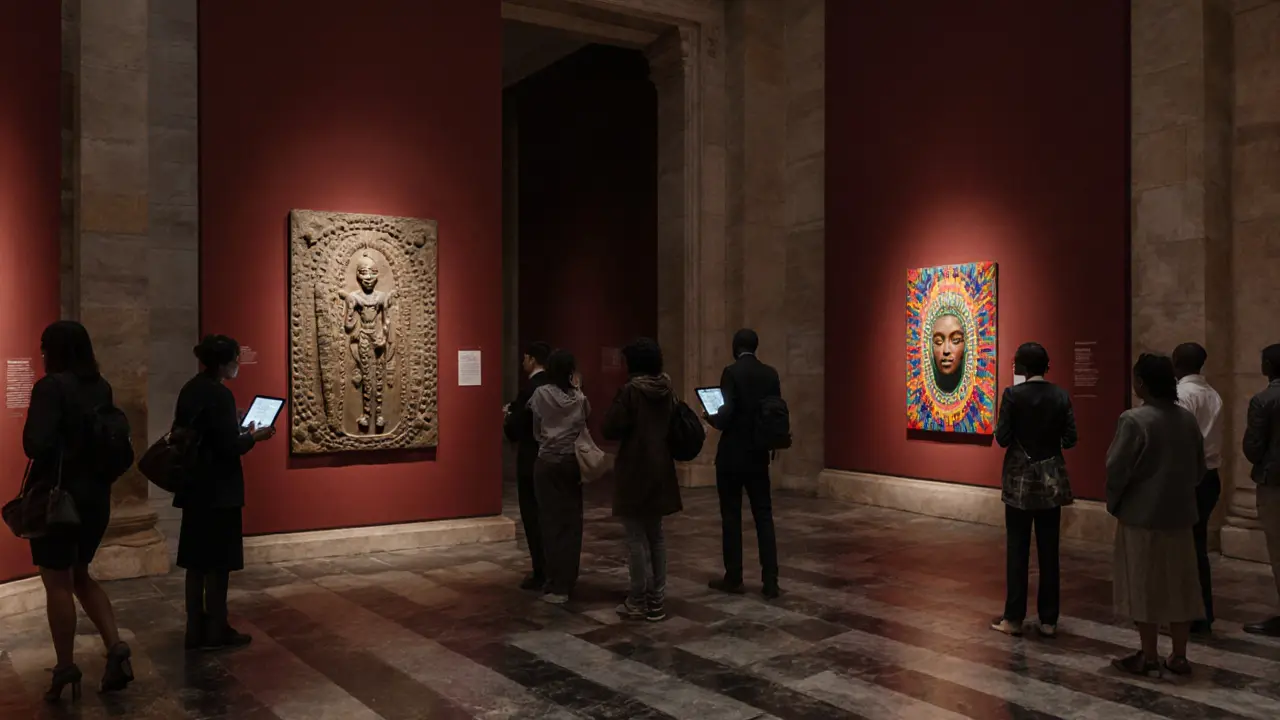Cultural Heritage in London's Escort Industry: Traditions, Influence, and Real Stories
When we talk about cultural heritage, the lived traditions, values, and social practices passed down through generations in a community. Also known as social legacy, it’s not just about museums and monuments—it’s how people live, connect, and survive in the shadows of history. In London, cultural heritage isn’t just found in Westminster or the British Museum. It’s in the quiet routines of a Stratford escort who knows which pub to avoid after midnight, or the Canary Wharf professional who learned from her mother how to read a client’s silence. This isn’t fiction. It’s survival shaped by centuries of class, migration, and unspoken rules.
London’s escort industry doesn’t exist in a vacuum. It’s deeply tied to the city’s cultural nightlife, the after-hours spaces where art, music, and human connection blur. Also known as urban social fabric, it includes the underground galleries in Peckham, the jazz clubs in Camden, and the late-night diners where conversations turn from small talk to real talk. These spaces aren’t just venues—they’re where trust is built, reputations are made, and boundaries are negotiated. The same way a jazz musician learns improvisation from decades of live performance, an escort learns to read a room from years of walking the same streets, knowing who to trust and who to walk away from. And then there’s the social stigma, the judgment and shame imposed by society on people who work outside traditional norms. Also known as moral policing, it’s what forces many to hide their work from family, use fake names, and avoid social media. But here’s the twist: stigma doesn’t erase identity—it reshapes it. Many escorts in Canning Town or Sutton don’t just see their work as a job. They see it as a continuation of a long line of women who’ve navigated poverty, power, and independence in a city that never officially welcomed them. This isn’t about rebellion. It’s about legacy. The way a grandmother passed down a recipe, or a father taught his son how to fix a car, escorts pass down how to handle a difficult client, how to spot a scam, how to stay safe when the system won’t protect you.
And it’s not just about survival. Cultural heritage here also means influence. From the way movies like Pretty Woman changed client expectations to how modern art galleries quietly hire escorts as guest curators or event hosts, the line between sex work and cultural contribution is thinner than most admit. London’s art scene doesn’t just tolerate these women—it relies on them. They’re the ones who show up to private viewings, know which collectors to talk to, and keep conversations flowing when the champagne runs out. Their presence isn’t accidental. It’s inherited.
What you’ll find in the posts below aren’t just stories about services or bookings. They’re records of a hidden culture—how trust is earned in East London, how Brexit changed who works where, how technology didn’t replace tradition but gave it new tools. These aren’t abstract ideas. They’re real lives shaped by history, neighborhood, and resilience. And if you’ve ever wondered why some escorts in London feel more like guardians of a secret code than service providers, now you know why.
How London’s Top Museums Are Celebrating Cultural Heritage
London's top museums are transforming cultural heritage from static exhibits into living, participatory experiences-connecting colonial pasts with modern identities through community stories, local art, and inclusive exhibits.

